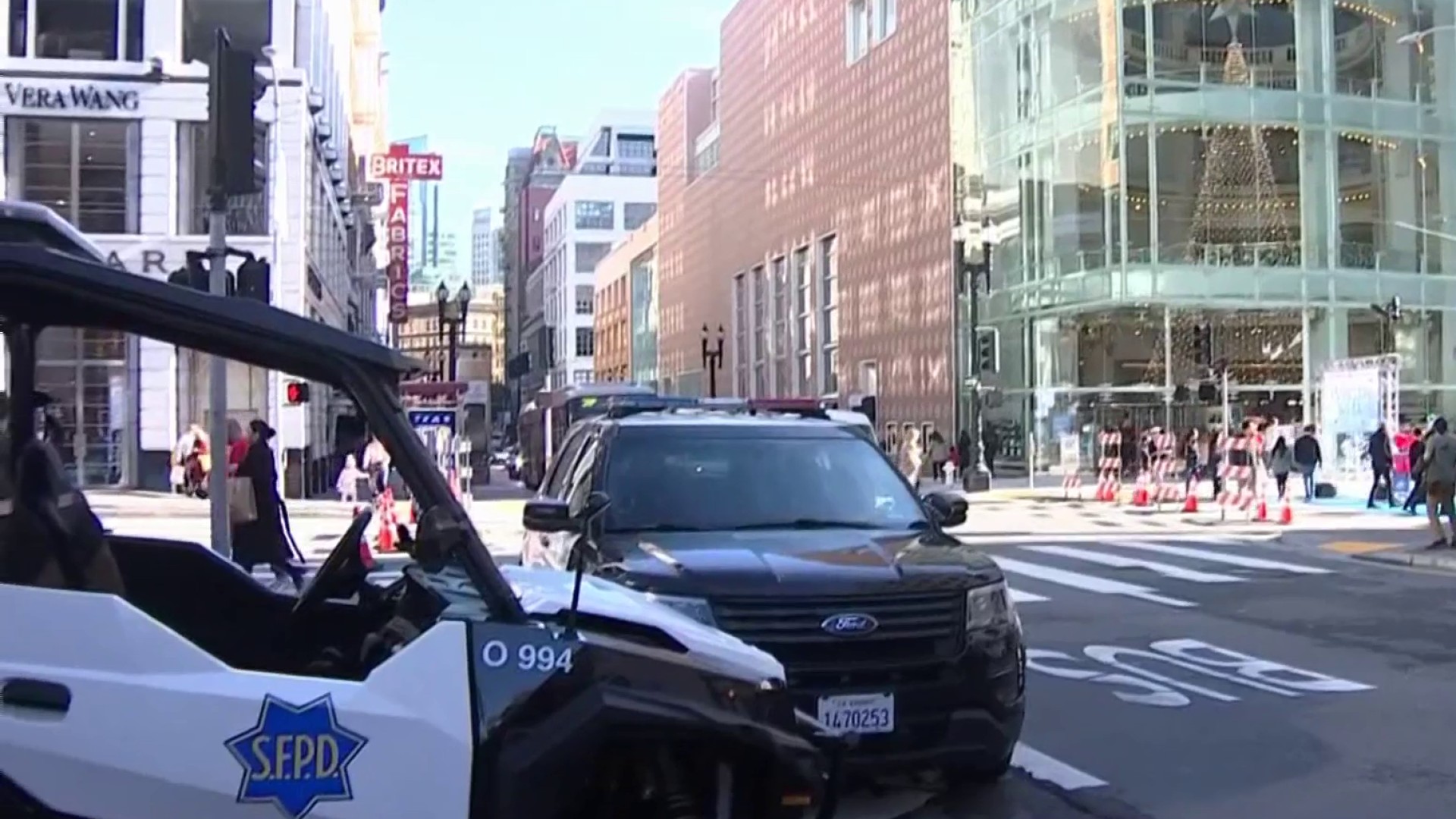A program in San Francisco is being linked to a significant decrease in crime in intersections that they serve.
It’s called Urban Alchemy. A professor at Stanford, one of the primary researchers in the study, shared some encouraging findings today in the Tenderloin neighborhood, showing the program is having a very positive impact.
Artie Gilbert with Urban Alchemy says engaging people and deescalation are key.
“You have a lot of individuals with mental challenges or experiencing addictions, being aware to deescalate that and always checking in, always checking in, making an inviting space, where you feel comfortable and person can walk by on our block, we’re activated and it can feel comfortable,” he said.
Get a weekly recap of the latest San Francisco Bay Area housing news. Sign up for NBC Bay Area’s Housing Deconstructed newsletter.
Gilbert came to Turk and Hyde streets with civic leaders and Stanford researchers, highlighting a study on Thursday. Forrest Stuart, a professor of sociology at Stanford University, says the study analyzed crime stats from San Francisco police, looking at 40 intersections. And it found when crime drops at one intersection, it’s not moving to the next block.
“We will be submitting it this year for peer review. There’s is a second component of the study that I have been spearheading, which is to actually figure out the mechanism, which is to figure out how this is happening,” he said.
The program places paid practitioners, as they’re called, out to help address conflict, keeps sidewalks clean and connect the homeless and others who need help to services.
Lena Miller, Urban Alchemy’s CEO and co-founder says there’s lots of interest from people who want to join.
“We have a waiting list of like 5,000 people who submitted their application and completed them online. But the place that we like to find them is halfway houses, people coming out of long-term incarceration,” she said.



